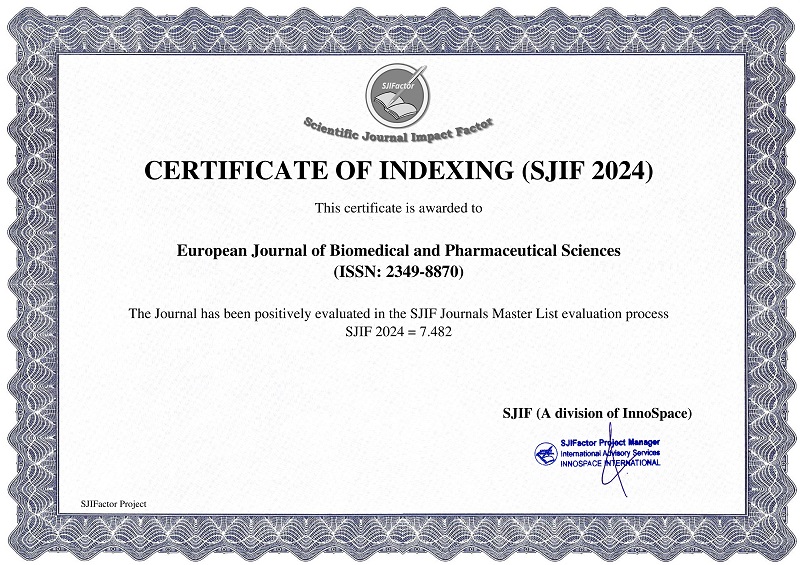GLOBAL EPIDEMIC OF CORONAVIRUS - COVID: WHAT CAN WE DO TO MINIMIZE RISKS
*Sunil J. Wimalawansa, MD, PhD, MBA, FACP, FRCP, FRCPath, DSc
ABSTRACT
The 2019 coronavirus outbreak originated in Hubei Province, Wuhan, in China. Despite travel restrictions, the virus spread across all provinces in China and globally. Based on the airborne nature and the rapidity of the dispersion, this coronavirus outbreak has become a severe public health concern in China and other countries. Coronavirus belongs to a large family of viruses that usually affect wild animals. Following gene mutations (natural or artificial) or close exposure to infected animals, some viruses are occasionally transmitted and spread among humans. Coronavirus causes many diseases: from the common cold to severe diseases, such as Middle East Respiratory Syndrome (MERS-CoV) and Severe Acute Respiratory Syndrome (SARS-CoV). Such diseases are highly infectious at close range, mainly spread via air and person-to-person contact—it has an approximate death rate of 3%. An effective vaccine against the 2019 coronavirus is expected to be available within six months. Being an airborne respiratory viral disease, precautions taken to prevent the spread of SARS-CoV are similar to those used to lessen the common cold and flu transmission, but stringent quarantining could be required. Apart from wearing facemasks, social distancing, and limiting time in public places and transportation, wearing effective facemasks and frequently washing hands with soap in running water is essential to prevent its spread. COVID-19 will be a global pandemic that will significantly affect the economic and social well-being worldwide. This article is intended to provide a general description of the current situation related to the coronavirus outbreak and not to provide medical advice.
Keywords: Epidemic; Immunity; Pandemic; 25(OH)D; SARS; MERS; Vitamin D; Zika.
[Full Text Article]
[Download Certificate]


 Impact Factor : 7.482
Impact Factor : 7.482 






